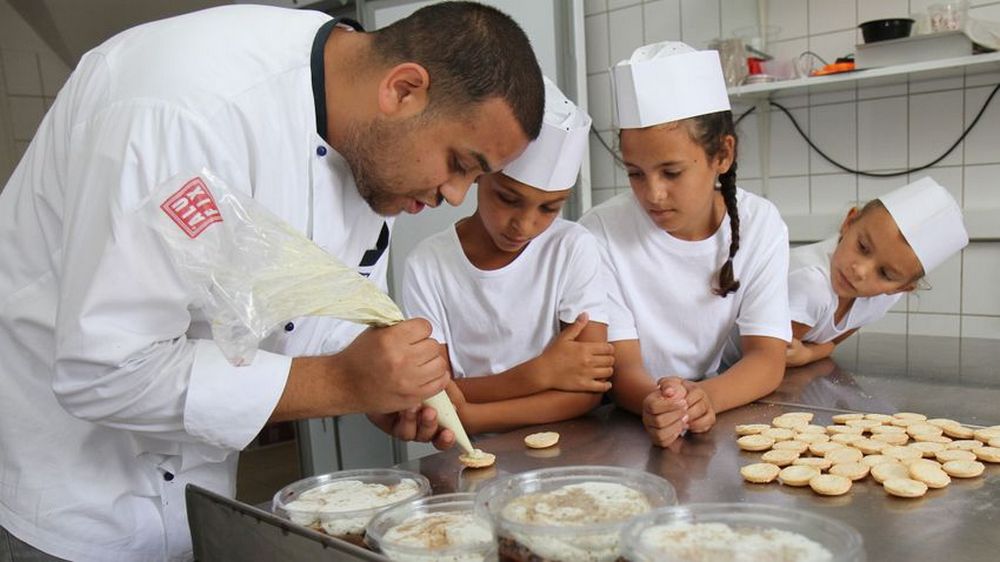From 10 to 13 December 2024, the Roma and Travellers Division of the Council of Europe, in cooperation with the Department for the Execution of Judgments of the European Court of Human Rights, the Agent of the Hungarian Government before the ECHR and the Hungarian police authorities, organised a training of trainers based on the toolkit for police officers, focusing on the Council of Europe standards on racially motivated crimes and non-discrimination.
Well… Discrimination in Hungary is rampant. And the government has done nothing in the last 20 years against it…
- La Division des Roms et des Gens du voyage soutient les forces de l’ordre pour renforcer leurs capacités à traiter les crimes à motivation raciale contre les Roms en Hongrie. In: COE. 13.12.2024. https://www.coe.int/fr/web/roma-and-travellers/-/roma-and-traveller-division-supports-law-enforcement-to-enhance-capacities-in-addressing-racially-motivated-crimes-against-roma-in-hungary

